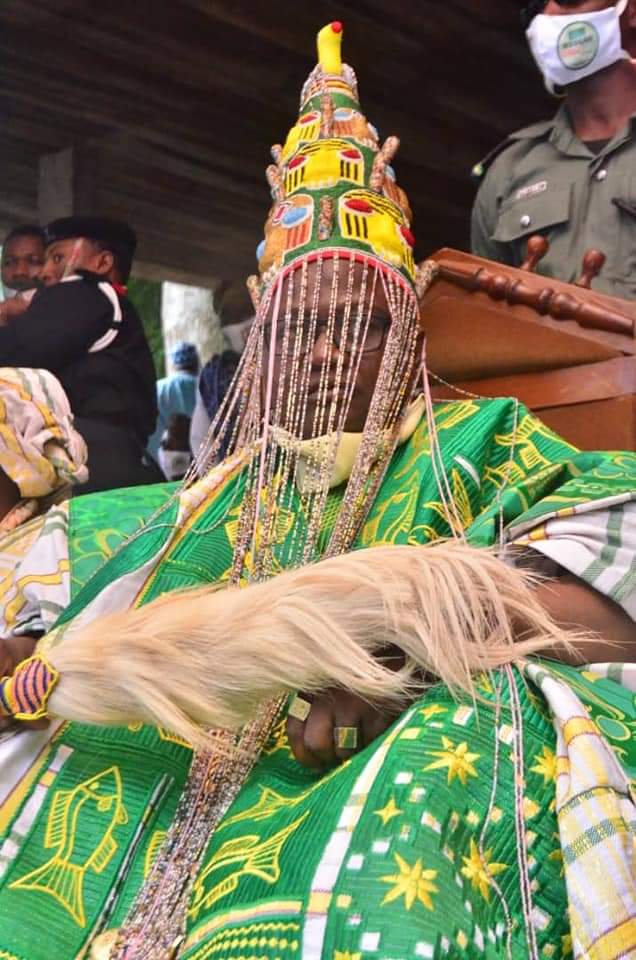[ad_1]
BVAS technology has done well and therefore going to play a dominant role in this 2023 election.
The Independent National Electoral Commission, INEC National Commissioner and Chairman, Information Committee and Voter Education, Barr. Festus Okoye stated this in Umuahia after monitoring the Mock Accreditation exercise and the Abia PDP re-run primary.
He said technology is going to play a dominant role in the 2023 elections, adding “But technology alone does not conduct the election, human beings do”.
He described the Mock Accreditation in the state as having gone on well, explaining, “We decided to do this Mock accreditation first, to test the efficacy of the improvement we made to the BVAS and to be sure that it is going to perform optimally during the 2023 general elections.
“From our observation going around, it is very clear that the BVAS has performed very well and you could see the enthusiasm and the trust the people bestow on the BVAS.
“The BVAS is going to be the game changer in the 2023 general election and is going to be the ultimate arbiter about this election.
“We are very confident that some of the initial hitches with BVAS have been rectified and the Nigeria people repose confidence in the BVAS as the ultimate game changer”.
He further explained on the BVAS, “We targeted specific polling units. We chose polling units that are in urban areas, we chose polling units that are semi-urban and we also chose polling units in rural areas and difficult terrains. What we intend to achieve is this: we intend to achieve two purposes.
“First, to test the new upgrade and the upgrade we made to the BVAS. Secondly, to also test the robustness of the network that we are going to use in different places so that if in a particular place, we are supposed to use MTN for result upload into our INEC result portal and it is low, we will change it to a different network.
“But we have mapped out all the areas in the country in terms of the network we intend to deploy. So, what we intend to achieve with this Mock Accreditation, we have achieved it. Now, we have tested all the BVAS that we are going to deploy to all the states of the federation and we are confident that we have gotten things right.
“Secondly, it is very clear to us that in all the places where we have chosen, the network that we have chosen is going to perform optimally during the 2023 general elections.
“So, we never expected, in a polling unit with 1000 registered voters, for 1000 persons to come out for Mock Accreditations that is not the real accreditation. But for all those who came out, it is very clear that our BVAS captured both their fingerprints and also captured their facials”.
He warned, “Every registered voter in Nigeria must and shall approach the polling unit on Election Day with his or her PVC. Section 47 (1) of the Electoral Act, made the possession of a Permanent Voter Card, PVC mandatory for voting.
It says that every voter that approaches a Presiding Officer, must do so with her PVC and the PVC must bear the person’s name, the person’s name must also be in our voters register and the BVAS must be in a position to authenticate that particular individual before he or she is given a ballot paper to go and vote.
“Any person who does not have a PVC, should not even attempt to approach any of the polling units on Election Day”.
On PVC buying Okoye said, “Each registered voter has what we called Voter Identification Number, VIN embedded in the PVC. Now, this VIN has been published in our local government offices where we published the voter register and also published in the registration areas or wards where we did the collection of PVCs at the ward level.
“So, why are you going to go and pay for something that is in the public domain? If you go to any of our local government offices, you will see the VIN of everybody. If you go to any of our registration areas, you will see the VINs.
“Now, the VIN does not vote, the individuals vote and that particular individual must vote with his or her PVC and that individual must also go through the process of accreditation, either your fingerprint identification or your facial identification.
“Any person who cannot be identified with his or her fingerprint or with his or her facials, will not be allowed to vote in this election”.
[ad_2]






